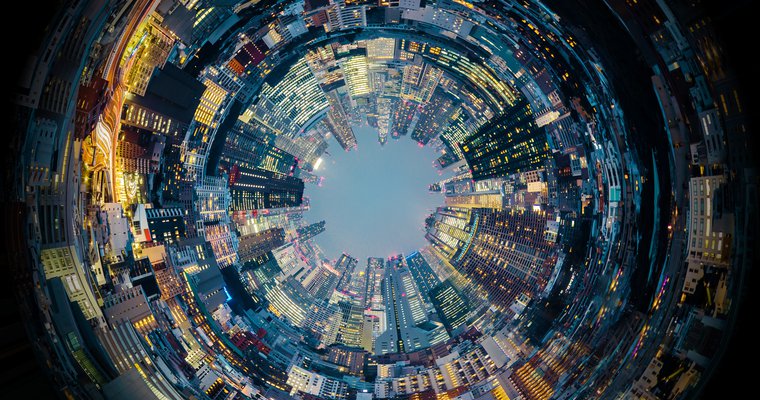The curse of mismanaged blind spots
 iStock
iStock
 ChatGPT
ChatGPTI don't know what I don't know. If you're human, you probably don't know what you don't know either.
The longer I live, the more I appreciate different perspectives. As an Enneagram 8 type of guy, I often shoot for the stars and ask questions later. Although my bent is aimed at finding significance in what I do, that can be detrimental without others.
The same is true when it comes to the people we're around day in and day out. When it comes to diversity, we often miss out on perspectives, solutions, and paradigms because we surround ourselves with people like us.
I can't help but think how grieved the heart of God must be when it comes to our relationships. I think it's easier to hang around people who are like us, think like us, and act like us. The problem with this behavior is we pass it on to the next generation. We teach them that homogeneity is valuable and a priority.
When we exclude diverse relationships from our lives, we are living within a blind spot. Blind spots are dangerous because they cripple and stifle our judgment. I need different people in my life to help me grow and to challenge limiting beliefs that are inconsistent with the heart of God.
What if we decided to be intentional about creating circles of diverse relationships? Simple ways to begin growing in this area could be frequenting places in your city that you don't normally attend. You could read a book from an author that is of a different ethnic group than you. The options to grow in managing our blind spots are endless.
More on Diversity
- Why does the term "social justice" divide so many? (by Chris Bolinger)
- The power of unity: a testament to prayer, worship, and God's Word (by Christopher Beth)
- Being comfortable being different (by Jenni Catron)
- A 3-pronged response to the lawlessness of our age (by Rob Streetman)


